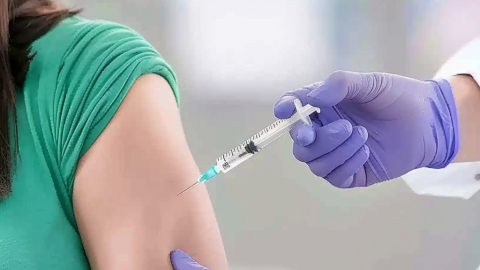What does sequential vaccination mean?
In general, vaccine sequential immunization refers to the process of administering vaccines based on a specific schedule and interval using vaccines developed from different technological platforms. A detailed analysis is as follows:

Vaccine sequential immunization means that after completing the primary vaccination series, a booster dose is administered using a vaccine developed from a different technological platform than that used in the primary series. The rationale for implementing sequential immunization lies in the fact that vaccines based on different technologies induce immune responses through distinct mechanisms. By switching vaccine types, this approach can activate a broader and more comprehensive immune response in the body, including both humoral and cellular immunity, thereby enhancing the effectiveness and breadth of immune protection. At the same time, this strategy may reduce potential immune fatigue caused by prolonged use of the same vaccine, strengthen cross-protection against viral variants, further lower the risk of infection and disease severity, and help establish a more robust immune barrier within the population.
To ensure safety and effectiveness, individuals should consult healthcare professionals before undergoing sequential immunization to discuss their personal health status and vaccination history.







